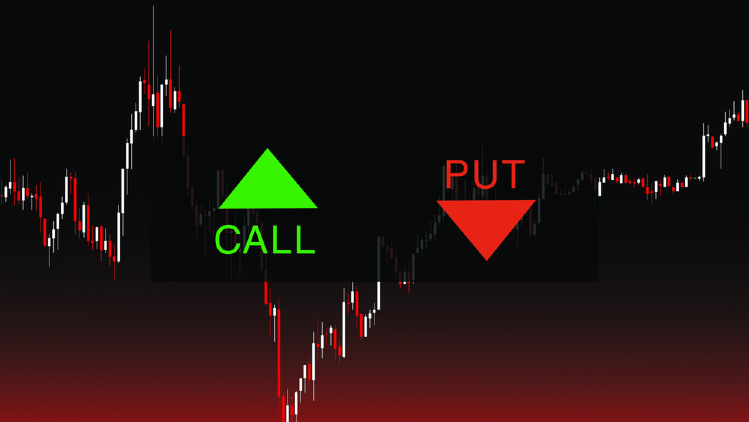Options trading can seem daunting, but it doesn’t have to be. This beginner’s guide will break down everything you need to know, making it easy to get started exploring this exciting realm of financial investing.

Image: messots.blogspot.com
What are Options?
Options are financial contracts that give you the right, but not the obligation, to buy or sell an underlying asset at a specific price on or before a certain date. This flexibility allows you to tailor your investment strategy according to your risk tolerance and profit goals.
Types of Options
There are two main types of options: calls and puts. Call options give you the right to buy an asset, while put options give you the right to sell. Each option contract represents 100 shares of the underlying asset.
Call Options
- Profitable when the underlying asset’s price rises.
- You have the right to buy the asset at a predetermined strike price.
- If the asset’s price stays below the strike price, the option expires worthless.

Image: www.irafinancialgroup.com
Put Options
- Profitable when the underlying asset’s price falls.
- You have the right to sell the asset at a predetermined strike price.
- If the asset’s price stays above the strike price, the option expires worthless.
Understanding Option Prices
Option prices are determined by several factors, including the underlying asset’s price, the option’s strike price, the time until expiration, and the implied volatility. Implied volatility measures the market’s perception of how much the underlying asset’s price will fluctuate in the future.
Higher implied volatility typically leads to higher option prices. Conversely, lower implied volatility is associated with lower option prices.
Tips for Beginners
Options trading can be complex, but there are some tips that beginners should keep in mind to enhance their chances of success:
- Start small and gradually increase your position size as you gain experience.
- Set clear goals and stick to them to manage risk effectively.
- Do your research and understand the underlying asset and the options you are trading.
- Seek professional advice from a financial advisor or broker if needed.
- Monitor your positions closely and adjust as needed based on market conditions.
Frequently Asked Questions
- Q: Is options trading risky?
A: Yes, options trading carries inherent risks. Options can expire worthless, and you can lose your entire investment.
- Q: What are the benefits of options trading?
A: Options trading offers the potential for high returns with limited risk, as well as flexibility in tailoring your investment strategy.
- Q: How do I choose the right options strategy?
A: The best options strategy depends on your individual goals and risk tolerance. Consider factors such as the underlying asset’s price trend, implied volatility, and your time horizon.
Simple Options Trading For Beginners Pdg

Image: westlalawyermarketing.blogspot.com
Conclusion
Options trading can be a powerful tool for investors looking to enhance their returns. By equipping yourself with the necessary knowledge and adopting a disciplined approach, you can mitigate risks and increase your chances of success in this exciting and dynamic market. Whether you’re new to trading options or an experienced investor, we encourage you to explore this potentially rewarding investment opportunity further!






